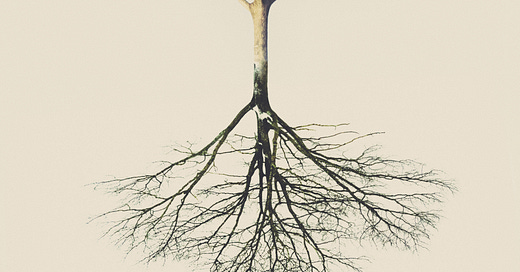Every two weeks or so I am publishing an essay from an emerging writer. This week, we are publishing “A Quarter Tab of Loss” by Katy Whitehead. Katy is a mother of two living in Walthamstow, London. She is currently a reader for The Literary Consultancy. She has been shortlisted for the Bridport and Myriad Editions Prizes. Her essay “Kidzania” was publi…
© 2025 Roxane Gay
Substack is the home for great culture




